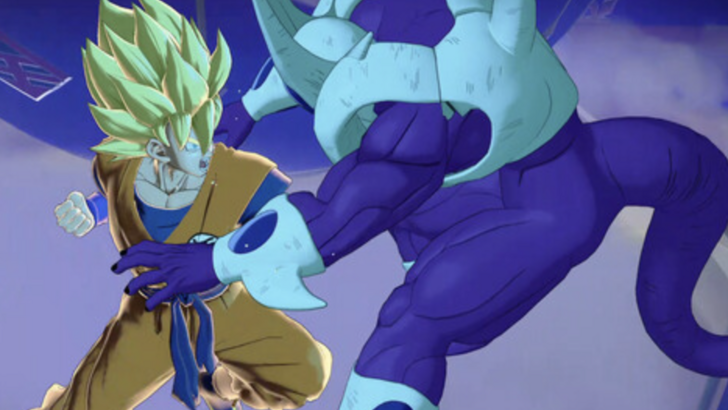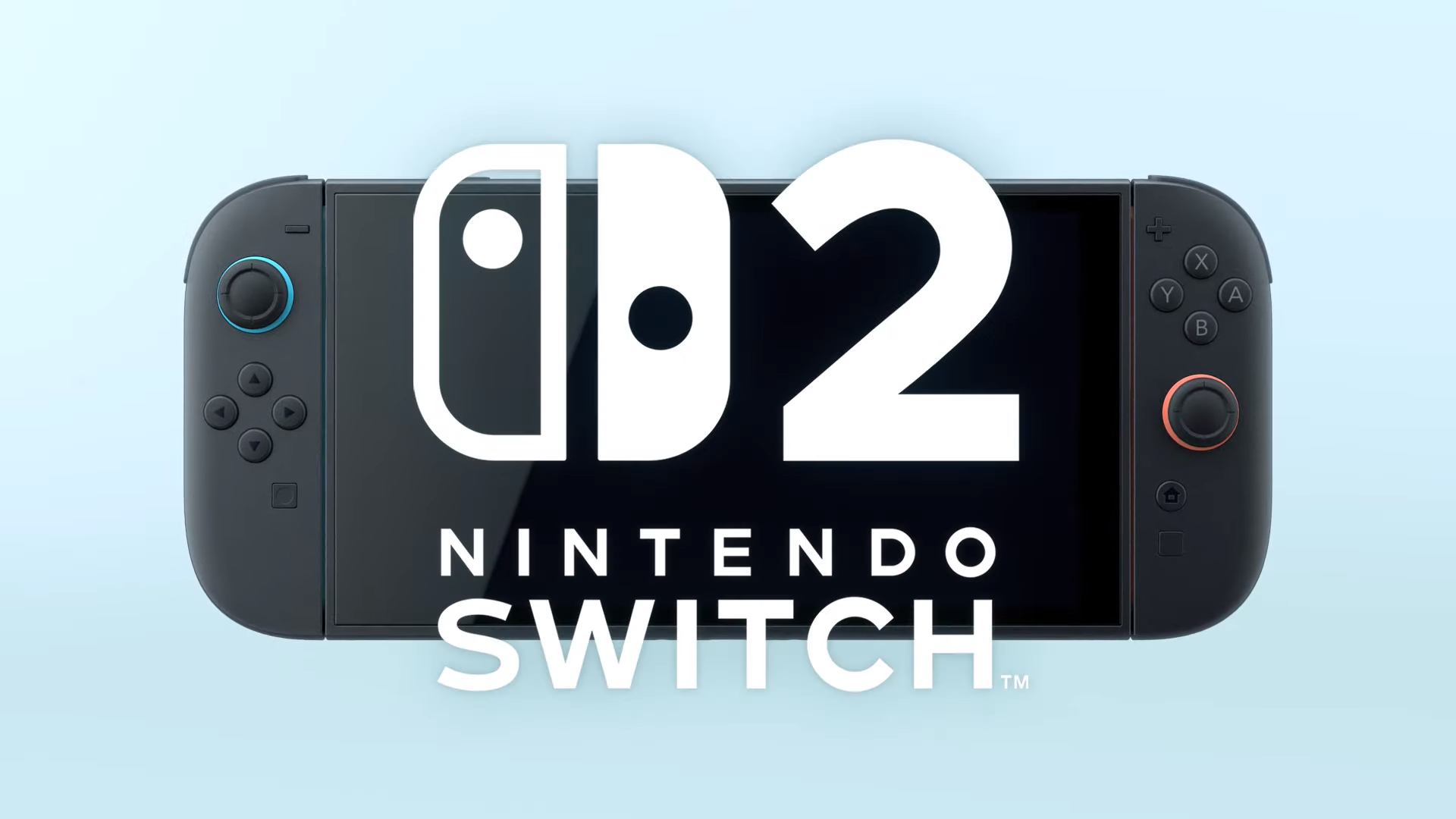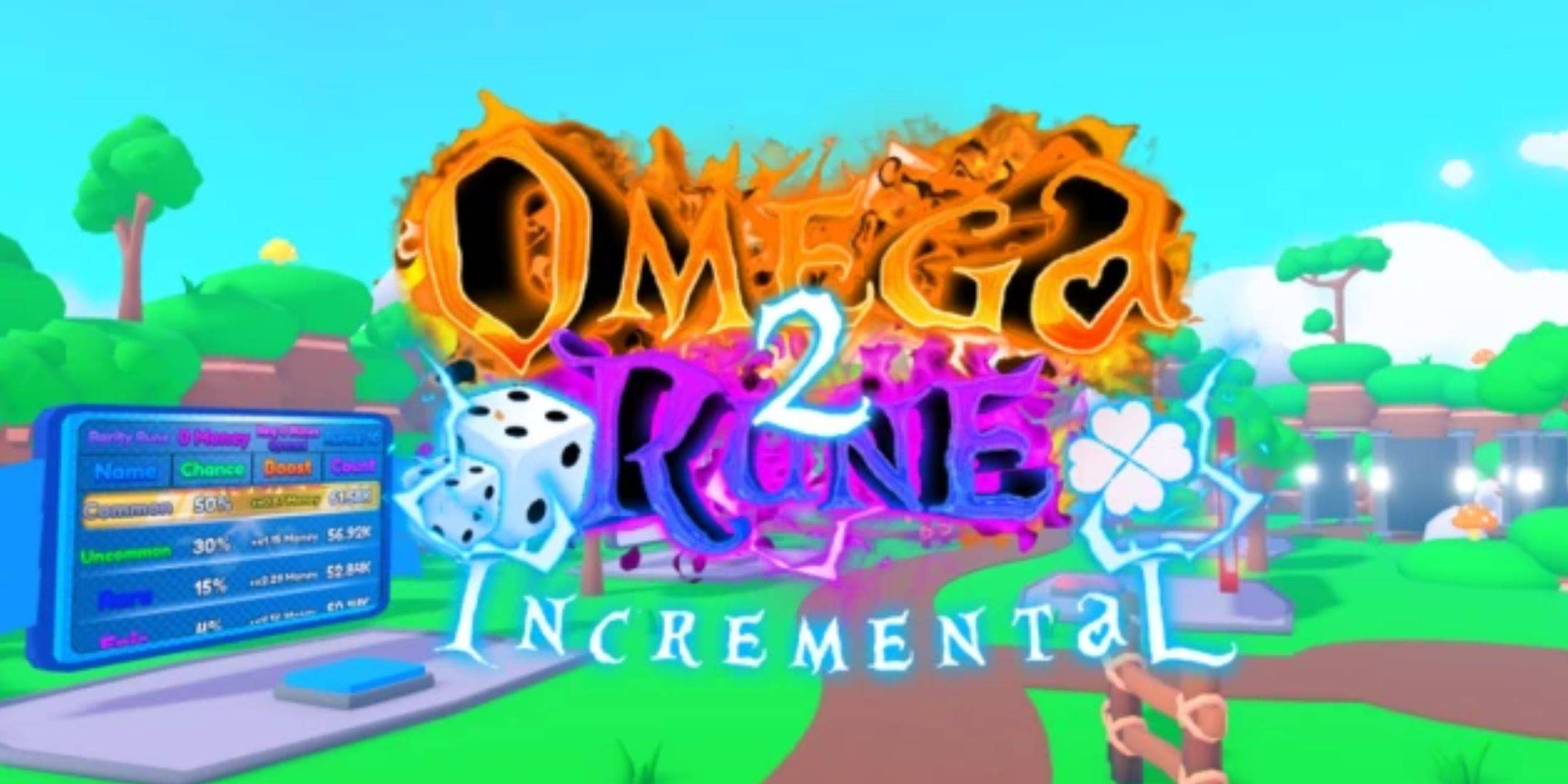"Wonder Woman's Future Uncertain Five Years Post-1984"
- By Ellie
- May 05,2025
2025 is a significant year for DC, with James Gunn's Superman film set to launch the new DCU theatrically, a robust lineup of film and television projects from DC Studios, and the Absolute Universe making waves in the comics. Despite this exciting slate of DC universe media, there's a pressing question that looms large: What's happening with Wonder Woman? Created by William Moulton Marston and H. G. Peter, Wonder Woman is a cornerstone of the DC universe, yet her presence in recent DC franchise media has been surprisingly minimal.
Outside of the comics, Diana of Themyscira has faced numerous setbacks in recent years. Her live-action film franchise struggled after the mixed reception of Wonder Woman 1984, and she's notably absent from the current DCU lineup, which instead includes a show about the Amazons. Wonder Woman has never had a dedicated animated series, and her first solo video game, announced back in 2021, was cancelled. Given these challenges, it's crucial to examine how Warner Bros. and DC are handling one of the most iconic female superheroes of all time.
One Hit Wonder
During the peak of the Marvel Cinematic Universe and DCEU rivalry in the late 2010s, the first Wonder Woman film emerged as a standout success for the latter. Released in 2017, the film garnered largely positive reviews and grossed over $800 million worldwide. Following the polarizing reactions to Batman v Superman and Suicide Squad, Patty Jenkins' vision of Diana resonated deeply with audiences. While the film wasn't flawless, with third act problems and Gal Gadot's performance focusing more on action than character depth, its strong performance suggested the beginning of a thriving franchise.
However, the sequel, Wonder Woman 1984, released in 2020, didn't live up to expectations. It divided critics and failed to recoup its budget at the box office, partly due to its simultaneous release on HBO Max during the COVID-19 pandemic. The film's narrative issues, tonal inconsistencies, and controversial elements, such as Diana having sex with Chris Pine's Steve Trevor while he was in another man's body, further alienated audiences. Despite these setbacks, the lack of a third film and the absence of other Wonder Woman projects is disappointing, especially when characters like Batman and Spider-Man frequently receive reboots and relaunches.
Diana Prince, Missing in Action
With the new DCU set to launch a fresh wave of adaptations, one might expect Wonder Woman to be a priority. Yet, the Chapter One: Gods and Monsters slate lacks a dedicated Wonder Woman project. Instead, DC Studios head James Gunn and producing partner Peter Safran have chosen to focus on lesser-known properties like Creature Commandos, Swamp Thing, Booster Gold, and The Authority. While there's merit in exploring obscure IP, as Gunn did successfully with Guardians of the Galaxy, it's puzzling that Wonder Woman is sidelined while new takes on Superman, Batman, and Green Lantern are prioritized.
DC Universe: Every Upcoming Movie and TV Show
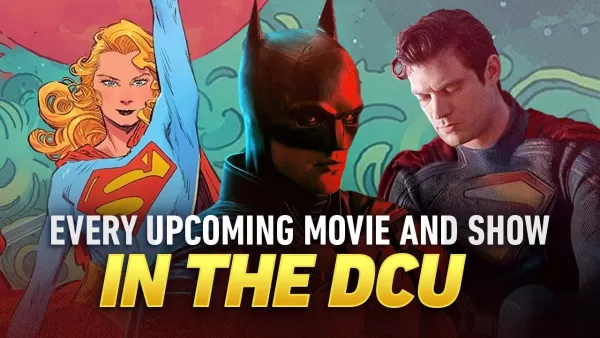
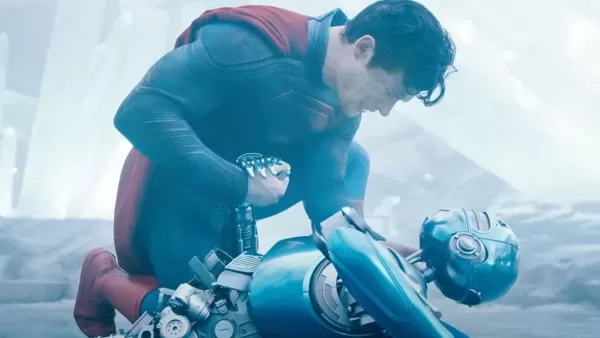 View 39 Images
View 39 Images
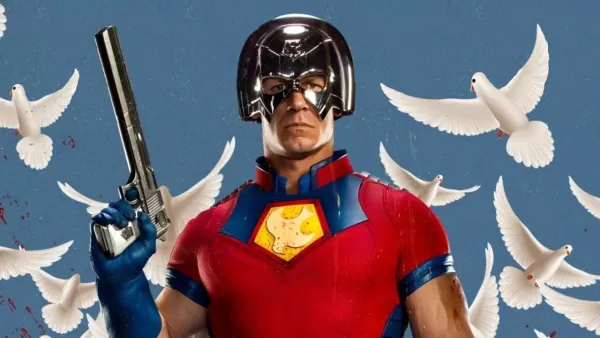
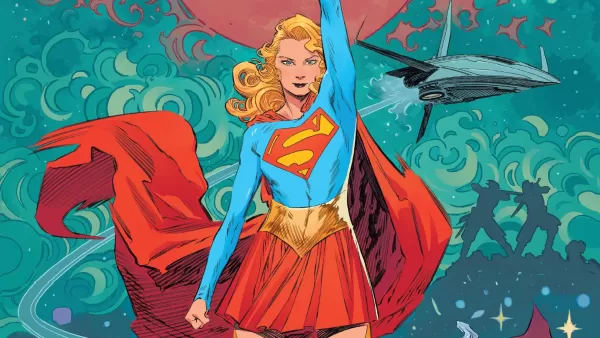
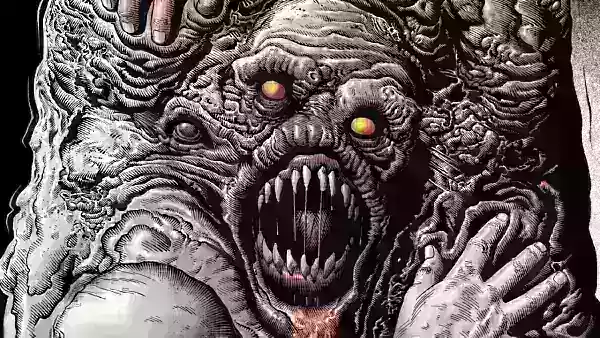
Instead of a Wonder Woman project, the DCU has announced Paradise Lost, a television series about the Amazons of Themyscira set before Wonder Woman's birth. While exploring the Amazons' history is valuable, creating a show within the Wonder Woman franchise without Wonder Woman herself feels reminiscent of the Sony Marvel Universe. This raises questions about why DC Studios doesn't see Diana as the primary draw over her associated world-building. The urgency to launch a new Batman franchise, potentially running two simultaneously, contrasts starkly with the lack of urgency for a Wonder Woman project.
This treatment of Wonder Woman is not new. The DC Animated Universe from the '90s and early 2000s featured her prominently in Justice League and Justice League Unlimited, but she never received a solo animated series like Batman or Superman. Despite her regular appearances in DC Universe direct-to-video animated films, she has only starred in two: Wonder Woman in 2009 and Wonder Woman: Bloodlines in 2019. Given the popularity of superhero fiction over the past few decades, it's baffling why a dedicated Wonder Woman project remains elusive.
Answer
See Results
Let Me Play as Wonder Woman, Dammit
The recent cancellation of the Wonder Woman game developed by Monolith Productions adds to the frustration. It's unclear whether the poor performance of other DC games like Suicide Squad: Kill the Justice League and MultiVersus contributed to its demise, but the long development period ending in cancellation feels like a missed opportunity, especially since it would have been Diana's first leading role in a game. With character action games experiencing a resurgence, a Wonder Woman game akin to God of War or Ninja Gaiden seems like a perfect fit.
While Diana has been playable in games like Injustice, Mortal Kombat vs. DC Universe, and various LEGO DC titles, the absence of a AAA action game featuring her is glaring. DC's failure to capitalize on the success of Rocksteady's Batman Arkham series with games centered on Wonder Woman, Superman, and the Justice League is a missed opportunity. It's particularly galling that Diana's first appearance in the Arkham timeline in Suicide Squad: Kill the Justice League results in her being killed off as a non-playable character, while the male members of the Justice League survive as evil clones.
The lack of progress in Wonder Woman's film franchise, the absence of dedicated animated series, and the poor representation in video games reflect a troubling lack of respect from Warner Bros. and DC for one of their most iconic characters. If they undervalue the third biggest hero in their roster, it raises concerns about their regard for the broader DC universe. As Gunn's Superman reboot aims to revitalize the DCU, it's crucial that Warner Bros. recognizes the value Diana Prince brings to their franchise. After nearly a century, Wonder Woman and her fans deserve better.
Latest News
more >-
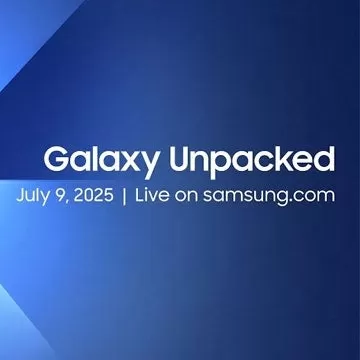
-
- Cardinals Watch Conclave Ahead of Key Event
- Feb 15,2026
-
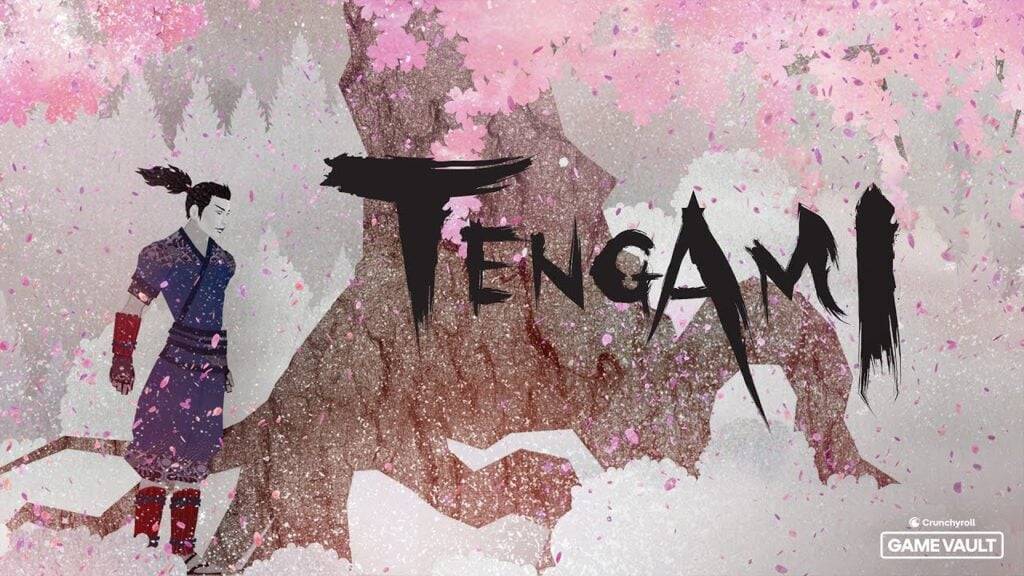
-

- Xbox Controller Gets a Major Upgrade
- Feb 13,2026
-
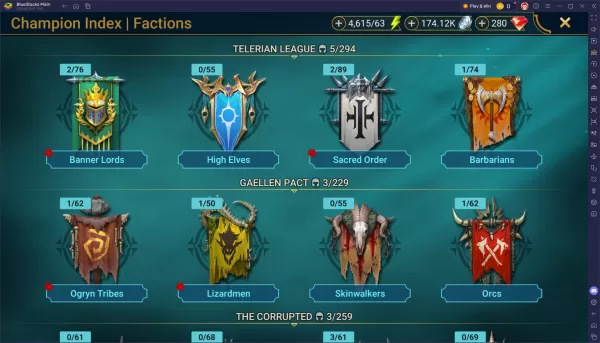
- Top 2025 Faction War Champions in Raid
- Feb 12,2026
